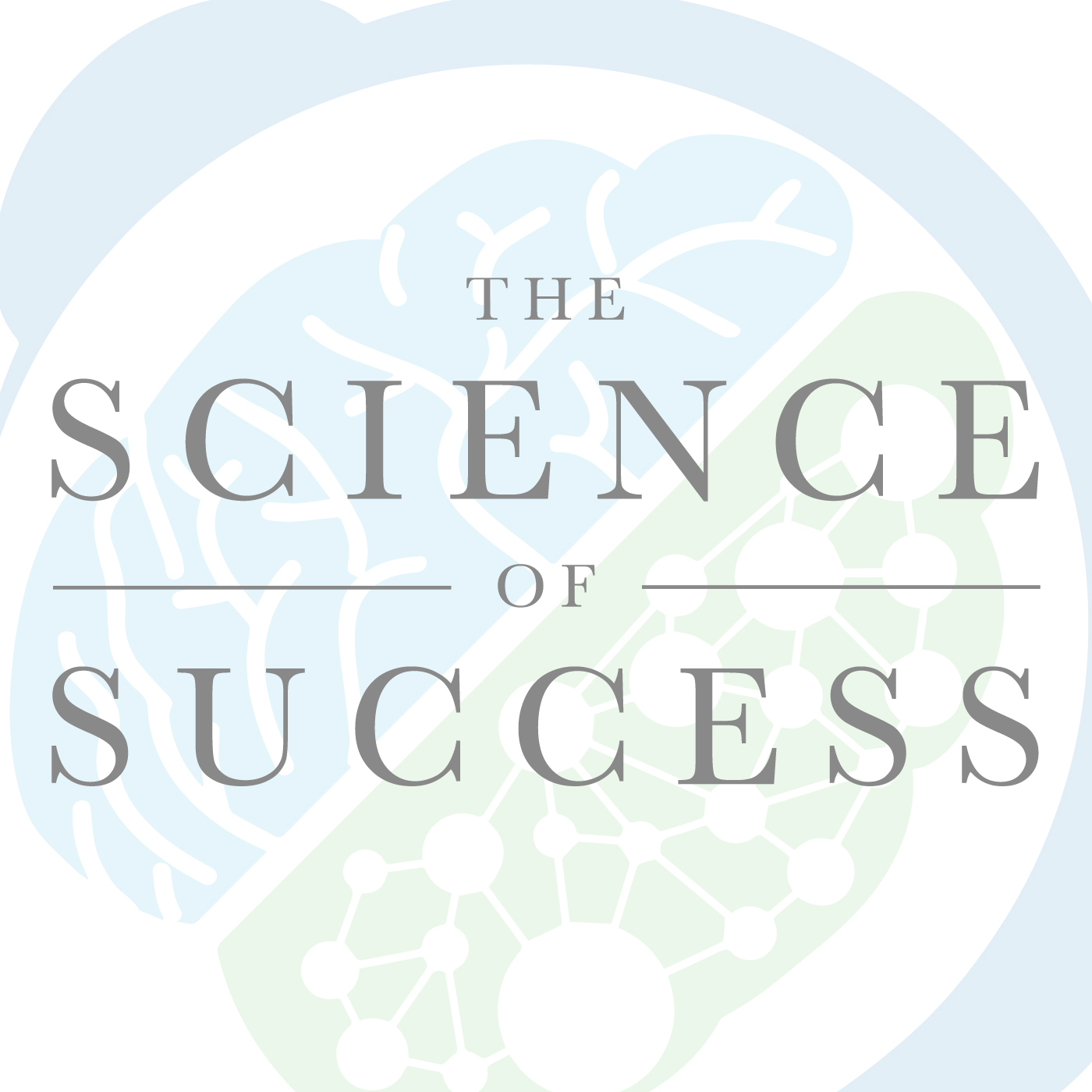What Everyone Gets Wrong About Willpower & Grit - The Science of Long-Term Success with Dr. David DeSteno
Jun 14, 2018•51 min•Transcript available on Metacast Episode description
In this episode, we discuss why the way we think about grit and willpower is fundamentally wrong. Self-control is one of the most research-validated strategies for long-term success - but the way we think about cultivating is fundamentally wrong. Emotions don’t get in the way of self-control - they are actually the path forward to sustainable and renewable willpower. How do we develop the emotions that underpin grit, self-control, and achievement? We dig into that and much more with our guest Dr. David DeSteno.
Dr. David DeSteno is an author and professor of psychology at North-Eastern University where he directs the Social Emotions Group. He is a fellow of the Association for Psychological Science and the American Psychological Association. His work has been featured in the New York Times, The Wall Street Journal, USA Today, and more!What do Marshmallows have to do with success?What do Buddhist monks and hot sauce have to do with the most effective strategies for succeeding over the long term?Lower debt, lower addictive behavior, better SAT scores, and higher overall life success can be predicted by the ability to resist temptation and delay gratificationThere’s NO DOUBT that delayed gratification/resisting temptation is highly correlated with success The real question is - what’s the best way to create self-control. Does willpower actually work? Do our emotions get in the way of self-control?Self-control didn’t evolve so that we could save money for retirement or complete Whole 30. It evolved to help us develop strong relationshipsWhat are the mechanisms that create fairness and good character? Positive emotions. Rather than being a roadblock to self-control, emotions may actually be the best way to develop self-controlRevisiting the marshmallow test for adults - and determining what really works to help adults develop self-control The three emotions of developing self-controlGratitudeCompassionPridePeople who have more of these pro-social emotions (gratitude, compassion, and pride) persevere 40% longer than someone who doesn't. Most successful teams at organizations like Google are predicated on empathy and compassion, not technical skill. These emotions seem to form “pushing vs pulling” - more sustainable and powerful strategy of self-control The pro-social emotions are “the font of virtue” - you don’t have to struggle and remind yourself, they naturally create more self-control53% of Americans feel lonely in their work lives. Loneliness is as bad for your health as smoking. Pro social emotions not only give you “grit” - they give you “grace” - and the ability to invest in others and to help them. Resume virtues vs eulogy virtues - what are they and how do we balance them?Should you be a jerk or should you be nice in order to succeed?Self-control is double sided - it's about both controlling negative impulses (anger, etc) and making positive long-term choices (eat healthily, save money, etc)Meditation does not tamp down your negative responses, it prevents them from arising in the first placeKey strategies for cultivating pro-social emotionsGratitude practicesMeditationPerspective taking exercisesSelf-compassionWhy Pride? Is that really a positive and pro-social emotion?People will work 40% longer when they feel “proud” of the work they are doingEmotionally based strategies for self-control are more robust and sustainableHomework: Choose your emotion and pick a weekly practice to start implementing itGratitudeMeditationCompassion
Learn more about your ad choices. Visit megaphone.fm/adchoices
See Privacy Policy at https://art19.com/privacy and California Privacy Notice at https://art19.com/privacy#do-not-sell-my-info.

